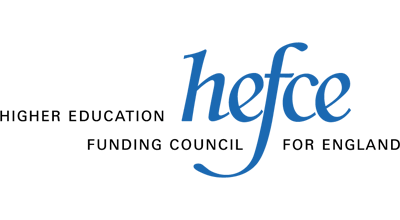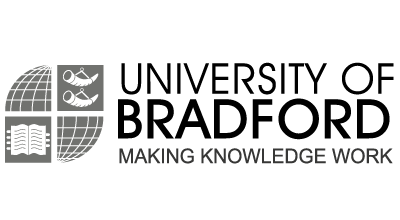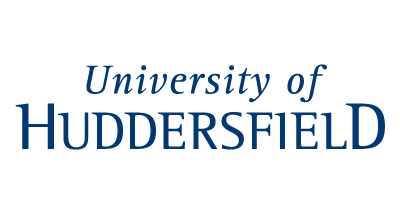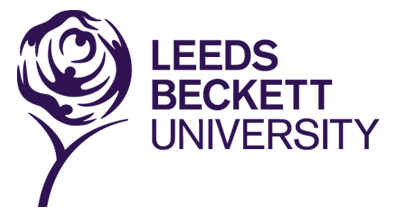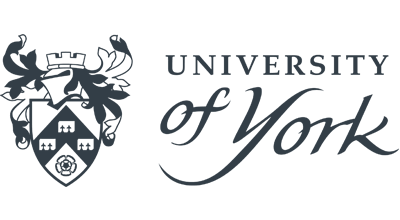Date published: 24/05/18
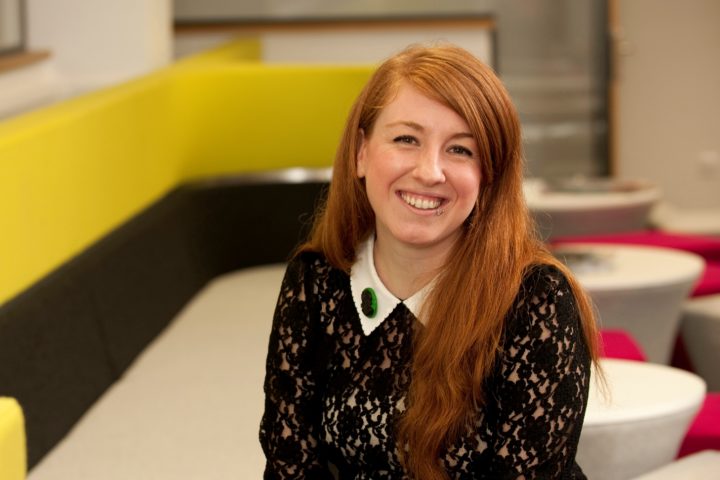
Creating confident communicators – Rowan Grant
Twitter: @RowanHGrant; LinkedIn: Rowan Grant
As a communications professional, I put what I preach into practice. Alongside the Twitter accounts I help to run for Translate and the Medical Technologies IKC, I also have a personal account. I follow other organisations and other relevant individuals, many of them medtech researchers. But my feed tends to be full of the organisations, when in fact it’s the personal, day-to-day tweets from the researchers that are much more interesting and useful. Interactions on Twitter are like modern-day water cooler chat – and the brilliant thing is you don’t have to be in the same building, or even country!
I want to see more medtech researchers in my Twitter feed, sharing the work they do and promoting their expertise.
When the Translate programme began, we carried out a consultation with medtech researchers across the partner universities, to assess their needs. Many researchers told us they wanted a higher profile for the technologies they worked on, for their research and for themselves. They wanted more opportunities to promote what they did and needed support to make this happen.
Sustainable communications
While my communications team could support this, it wouldn’t be sustainable: partly because the Translate programme has a finite lifespan and also because we knew that university comms and media teams are usually overburdened and have to focus on the big research stories. So it seemed obvious that the way forward was to give the researchers the skills they needed so they could take this into their own hands.
Every researcher is an expert in something – each academic has their own niche which gives them something unique and interesting to say. And with social media, there are plenty of easy and free channels that allow researchers to reach a wide audience. What they need are the skills and confidence to use those channels effectively.
So alongside the innovation training we’ve offered to researchers, we’ve also run a communications workshop, covering writing skills for news and opinion pieces and how to promote themselves and build a network using LinkedIn.
Gaining confidence
The results were immediate – four participants had news stories in local news or on their university websites or on a podcast channel. Some of these had already been in the pipeline, but the feedback we received was that the workshop had given researchers the confidence they needed to take advantage of and progress these opportunities.
Translate is all about increasing capacity for innovation – and communications skills are just as important as understanding intellectual property or regulatory frameworks. So I’m looking forward to seeing my Twitter feed full of interesting conversations between a growing number of confident and articulate medtech researchers.
‘Raise your game: Managing your own visibility and impact’ was held in November 2017. Further details can be found on the event page.


